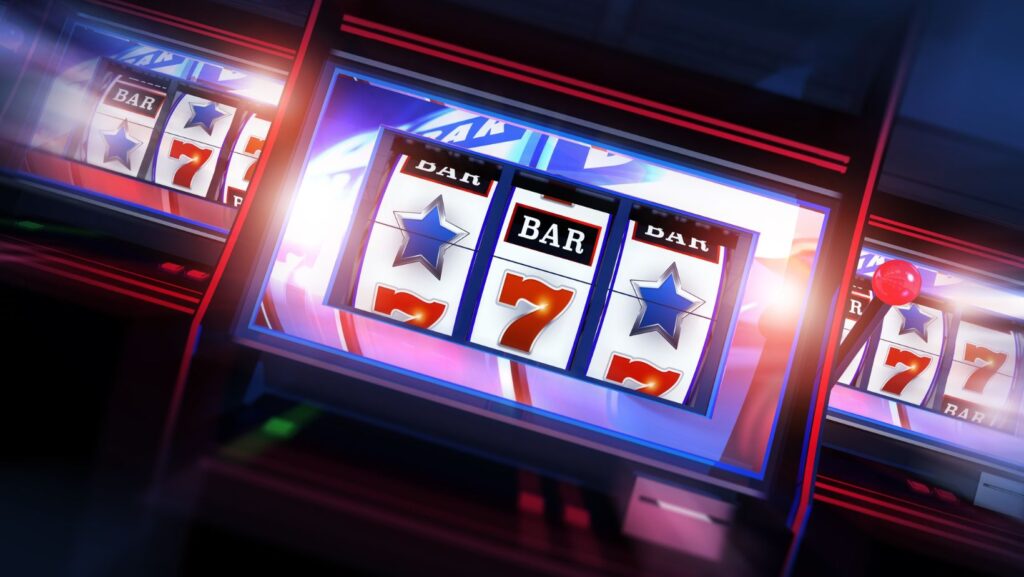At its core, playing is a tool for growth and connection. This is why it’s one of the first activities human beings use to explore themselves, the world and their connection to others. It’s not just a pastime, but a means of expression and self development. But what happens when most of the traditional playing time has been replaced by digital and screens?
The intersection of real and digital
Our everyday world is not separated between virtual and real, but true connectedness happens in their intersection. To navigate responsibly among the most popular options, many users consult comparative resources, such as the most popular slots according to OddsChecker, to assess which digital experiences best match their preferences and time constraints. Balance is crucial: the harmony between time spent online and with real people, in front of a screen or playing in a field is a must for a healthy relationship with the world as a whole.
Why play is so important in human growth
The educational and social value of playing cannot be stressed enough. From storytelling circles to physical games, from make-believe scenarios to team sports, to play is to live. It teaches us to live with others, collaborate or compete in a healthy way, express our imagination and get to know ourselves. Many sociological and psychological studies in the past decades and centuries have highlighted the importance of play in a healthy growth both physically, mentally and emotionally. We have simply changed how we do it.
The digital expansion of entertainment
With technological innovation comes a new way of living. That was true in the first Industrial Revolution and it’s true now. The ever-growing presence of the internet, mobile devices and even artificial intelligence in our everyday world is not a negation of everything real and tangible, but rather an addition, an enhancement of our ways to entertain and be entertained. Right now, playing online is a crucial activity for people of all ages, and it’s not something negative. Virtual games can help people in the same way physical ones do. They foster social connection, spark imagination and creativity, and teach an empathetic connection to others. But only when you choose healthy, meaningful games.
How to choose meaningful digital games
As entertainment choices multiply, how can you really detect healthy and unhealthy games? Here is a list of features a digital game should have in order to be considered safe and important for one’s growth and self-expression.

- Accessibility. Websites and platforms can be made in many different ways. Be mindful of who is ready to go the extra mile in order to ensure a safe, accessible environment to all. The internet has the great ability to let people come together regardless of their differences.
- Safety. When anyone can play, that means anyone can play. Harmful behavior should not be tolerated by gaming platforms. Pay attention to who has a robust safety net, who detects and eliminates hate speech, who gives people and especially children total freedom and security.
- Well-being. Remember that online playing should be as nurturing and relaxing as physical playing. If you feel exhausted, frustrated or angry after a session, this is probably the wrong platform for you. Also, try to balance online playing with physical activities such as a walk, a conversation with friends or a real-life sport.
- Experiential value. What is the psychological and emotional return of this activity? Does it help you (or the children you care for) express creativity, find new friends, exercise empathy and problem solving?
By combining these factors, people can curate a healthy “play diet” — one that engages body, mind, and imagination in equal measure.
Inclusive and educational entertainment on the internet
One of the most positive traits of the internet and online platforms, as said, is that in many cases it’s equal. There are no differences based on race, gender or age. Or at least there shouldn’t be. Learn how to nurture your inner child at any age, engaging in creative, collaborative games and using virtual communities to find your new friends. Whether you have just moved, you have a disability that makes participating in physical activities difficult or are simply a shy person, you will find your virtual tribe. And, why not, sometimes virtual communities will translate into in-person meetings and activities.


More Stories
How Digital Entertainment Is Changing And What Makes Modern Gaming Different?
How Game-Based Systems Help People Understand Rules, Outcomes, and Consequences
Whisky Mac Gaming: Where Spirits and Gaming Collide